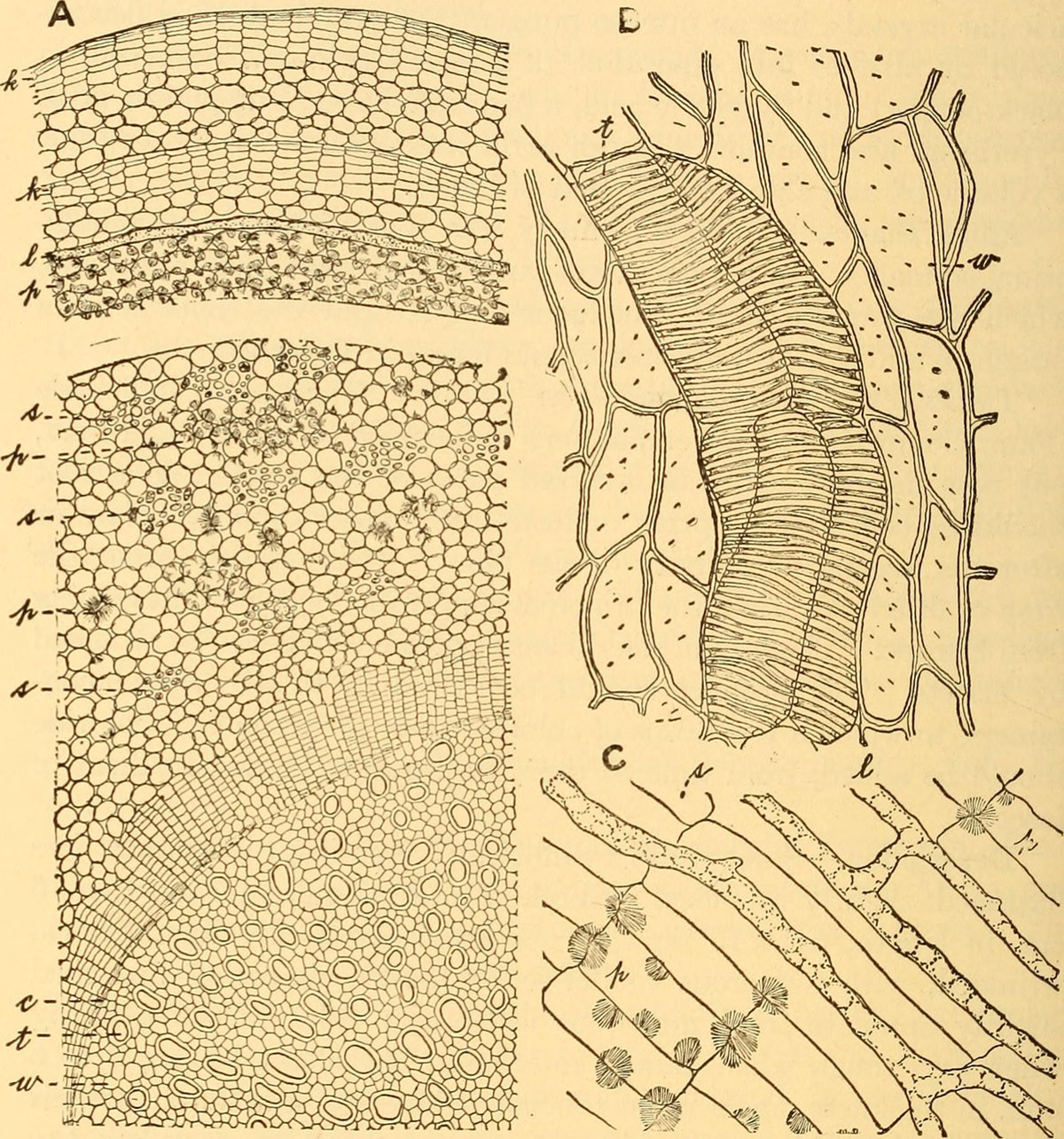
Inulin is a fiber but it is also a sugar. It has many uses, for substituting fats and as fuel. It can be converted into ethanol, it can be used to measure kidney function and also to control diabetes, although it should not be confused with insulin.
Inulin as a fiber
In nutritional science, inulin is classified as dietary or edible fiber. This means that it passes through the digestive system and leaves intact. However, like many other so-called dietary fibers, inulin does not contain any actual fibers.
Dietary fibers can be divided in soluble and insoluble fiber. Inulin is a soluble fiber, which means it is dissolved in water and because human digestive tract does not break it down, it is partially digested by the bacteria that normally inhabit human intestines.
Chemically speaking, inulin is a fructan, which is one of fructose polymers.
Sources of inulin fiber
Inulin is present in many non-starchy vegetables and rhizomes. The best sources are thought to be chicory root, Jerusalem artichoke, burdock roots, onions and garlic. Inulin is widely used as food additive and if used as such it mostly comes from chicory root. Other foods that represent an excellent source of inulin include leeks, artichokes, asparagus, wheat, bananas, soybean,s and rye.
Inulin is often found in yogurt, and yogurt, of course, is not its natural source. Inulin is usually added to reduce calories and provide fiber. In many processed foods inulin is added to replace sugar, fat or flour.
Benefits of inulin
The use of inulin as a food additive has been increasing over years. This is because it is sweet, low in calories, creamy in texture, fat-free and it improves absorption of certain minerals.
Even though it is sweet, inulin has a low glycemic index, and since the body does not absorb , it does not increase glucose levels. This feature makes inulin suitable for people who have diabetes.
Many of the soluble dietary fibers are known for their ability to reduce cholesterol levels in the blood. The same goes for inulin, which is generally recommended for people who need to regulate their cholesterol and prevent heart disease. However, definite scientific data for this is yet to be confirmed in more thorough studies and research.
Side effects of inulin
Inulin is all-natural, and given all its features mentioned above, it is generally considered safe for human use. However, excessive consumption of inulin may lead to some minor side effects, which usually include gastrointestinal problems like bloating, flatulence, nausea and diarrhea.

















Your thoughts on this
Loading...